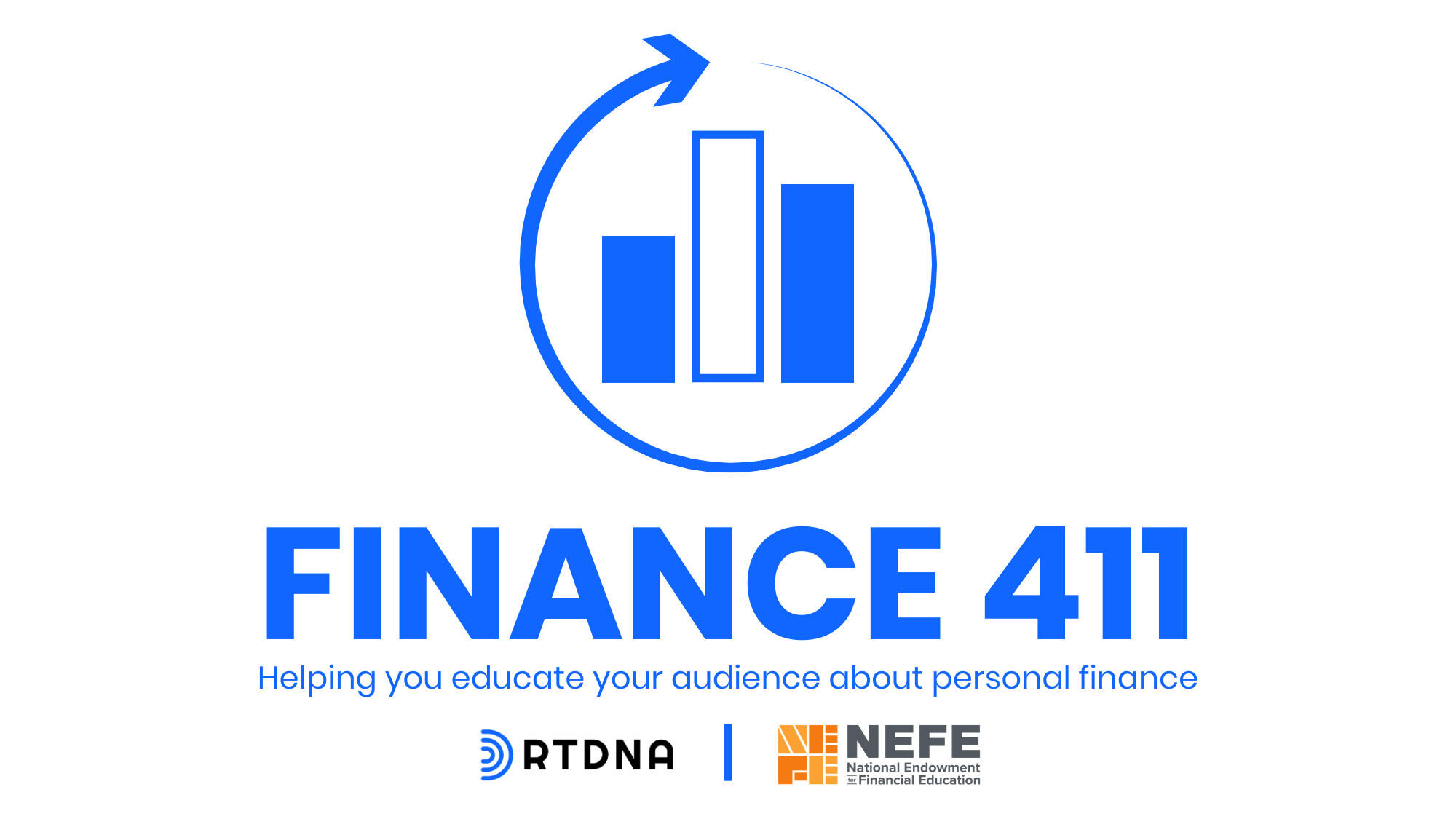Money Matters: Who is a bull market leaving behind?

A stock market milestone made headlines this week: the longest bull market, or period of steady gains, in history. Despite also seeing some of the biggest market scares, including the largest one-day point drop in history by the Dow Jones Industrial Average in early February of this year, stock measures haven’t seen a 20% drop, the trigger for a bear market, in nearly 10 years.
The 3,453-day and counting run beat out the last period of sustained gains in the 1990s.
But there are some caveats. The growth has been steady, but not as strong as in past periods. And the record could be retroactively adjusted if the S&P 500, another stock index, doesn’t hit additional milestones.
The caveats that may mean the most to news audiences, however, are those affecting individual investors.
For example, a survey released earlier this month shows that millennials, though more confident in the stock market than other generations, actually put more trust in savings accounts than investing through workplace retirement plans, despite the recent stock market potential.
Even when members of the 18- to 34-year-old have invested through retirement accounts, the percentage who have already withdrawn money has jumped in the last three years from 31 percent to nearly 60 percent. Besides incurring penalties and taxes, early withdrawals mean less potential investment gain. The most common reasons for tapping into retirement savings are medical emergencies, education costs and unemployment, though a sizable minority also report using retirement savings for vacations or large purchases.
With an explosion in student debt coupled with increasing healthcare costs and little overall gain in wages, it may be unsurprising that some groups have been left out of the market growth.
So how can those strapped for cash plan their financial futures and take advantage of opportunities like investing? New investment platforms targeting younger, more reluctant investors to start saving on a small level, like Robinhood and Acorn, are becoming more popular.
Sharing financial stories that speak to younger investors can be an opportunity to tap into a sought after audience and an important service for potential investors.
Weekly Money Matters personal finance content for your newsroom is sponsored by the National Endowment for Financial Education.
